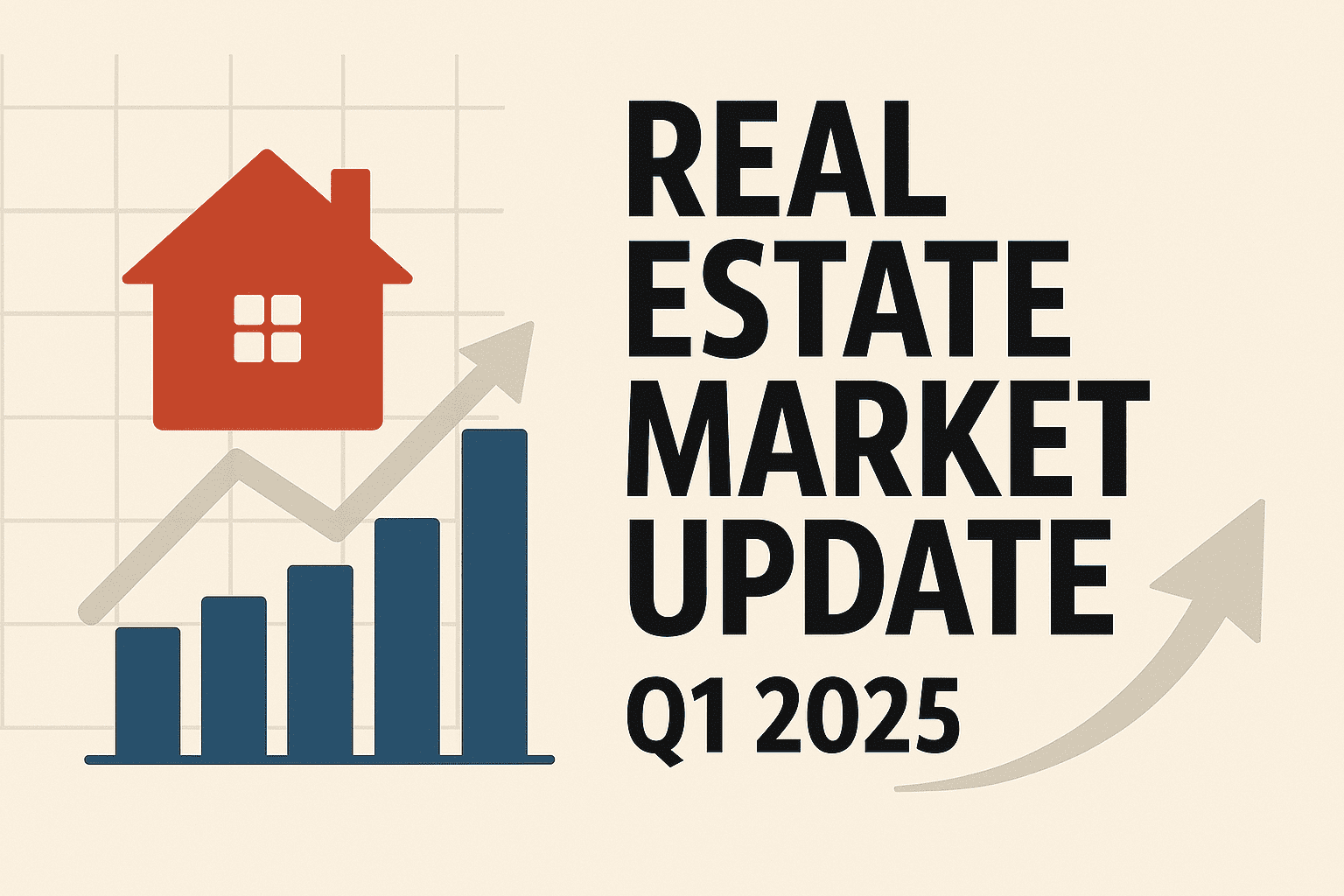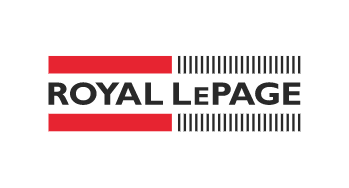The Art of Home Preparation and Marketing
When it comes to selling a home, the initial steps of preparation can significantly influence the selling process and eventual sale price. For some properties, a simple clean-out and a fresh coat of paint may suffice, transforming them into appealing renovation projects for potential buyers. This approach not only makes the property more accessible for walkthroughs but also allows buyers to envision their own improvements and additions.
On the other hand, some homes are already in pristine condition, requiring little to no staging or additional work. These “TurnKey” homes are ready to be listed immediately, showcasing the ease with which some sellers can transition their properties onto the market. The condition of the home at the time of sale plays a crucial role in determining the strategy for listing and marketing.
Diverse Marketing Strategies and Their Impact
The marketing of a home has evolved into a critical element of the real estate process. The disparity in marketing techniques can be stark, ranging from amateur photos taken on a smartphone to professionally crafted marketing packages including high-quality photographs, 3D virtual tours, and engaging property videos. These tools not only enhance the presentation of the property but also serve as pre-qualification mechanisms that filter out less serious buyers, ensuring that only genuinely interested parties visit the home.
The role of a realtor has transformed significantly, requiring them to be adept marketers and storytellers. The narrative isn’t just about the physical attributes of the home anymore but also about the lifestyle and emotional appeal of living in the community where the property is located. This shift emphasizes the importance of creating a connection with potential buyers through compelling and relatable stories about the home and its neighborhood.
The Crucial Role of Pricing in Real Estate
Determining the right listing price is perhaps one of the most critical decisions in the selling process. It requires a delicate balance between attracting potential buyers and achieving the maximum sale price. Overpricing a home can deter potential buyers, leading to a longer time on the market and eventually, lower offers. Conversely, a well-priced home can generate immediate interest and competitive offers.
Selecting a Competent Realtor
Choosing the right realtor is more than just finding someone who can list the property. It involves selecting a professional who understands the local market, has a robust marketing strategy, and possesses a proven track record. Potential sellers should conduct thorough research, including checking online reviews and seeking personal referrals, to find a realtor who is not only knowledgeable but also a good fit for their specific needs.
Common Mistakes in Realtor Selection
Many sellers make the mistake of choosing a realtor based solely on the highest estimated value of their home. This practice can lead to unrealistic expectations and a strategy that does not align with market realities. Additionally, selecting a realtor without understanding their marketing and negotiation capabilities can significantly impact the selling experience and outcome.
The Importance of a Systematic Approach and Proper Representation
A systematic approach to selling a home is essential for both realtors and sellers. This method ensures that all aspects of the sale, from listing to closing, are handled with precision and professionalism. A realtor with a structured process can provide a clear roadmap, setting realistic expectations and reducing the anxiety that often accompanies selling a home.
The Value of a Detailed Process
Realtors who employ a detailed, systematic approach are better equipped to handle the complexities of real estate transactions. This process often includes thorough market analysis, strategic pricing, and tailored marketing plans. By having a system in place, realtors can anticipate potential challenges and address them proactively, ensuring a smoother transaction for the seller.
Learning from Experience
Experience plays a crucial role in refining a realtor’s approach. Over time, seasoned professionals develop strategies that work and discard those that do not, leading to more effective and efficient practices. This trial and error process is vital for adapting to the ever-changing real estate market and meeting clients’ evolving needs.
The Role of Client Education and Preparation
Educating clients about the selling process is another critical aspect of a realtor’s job. By informing sellers about what to expect, potential challenges, and how the market works, realtors can help mitigate surprises and ensure a more informed and confident client base. This education is crucial for managing expectations and fostering a trusting relationship between the realtor and the client.
Understanding Market Dynamics
The real estate market is influenced by various factors, including economic conditions, interest rates, and local market trends. A knowledgeable realtor will understand these dynamics and how they affect home prices and buyer behavior. This insight allows them to set realistic expectations for their clients and devise strategies that align with current market conditions.
The Pitfalls of Overpricing
One of the most common mistakes sellers make is overpricing their homes. While it’s natural to want the highest possible return on investment, setting an unrealistic price can lead to detrimental outcomes. Homes priced too high may linger on the market, become stigmatized, or require significant price reductions to attract interest.
The Importance of Accurate Pricing
Accurate pricing is crucial for attracting serious buyers and generating competitive offers. A realtor with a deep understanding of the local market can provide valuable guidance on setting a price that reflects the home’s true market value, balancing the seller’s expectations with the realities of the market.
The Impact of First Impressions
The initial listing period is critical for capturing buyer interest. Homes that are new on the market often attract more attention and excitement, which can lead to quicker sales and better offers. Conversely, homes that remain on the market for extended periods tend to lose their appeal, attracting lower offers as buyers speculate on why the property hasn’t sold.
Conclusion:
Selling a home successfully requires more than just putting a “For Sale” sign on the lawn. It demands a strategic approach that includes understanding the local market, setting the right price, and choosing a realtor who can effectively represent the seller’s interests. By avoiding common pitfalls like overpricing and selecting a realtor based solely on promised returns, sellers can enhance their chances of a swift and profitable sale.In this article, we’ve explored various aspects of preparing and marketing a home for sale, emphasizing the importance of a knowledgeable and experienced realtor. Whether you’re selling a turnkey property or one that needs a bit of love, the right approach can make all the difference in achieving your real estate goals.












